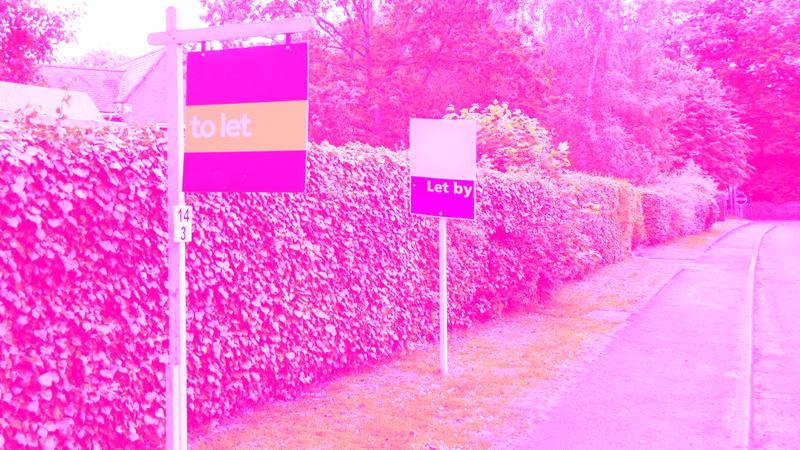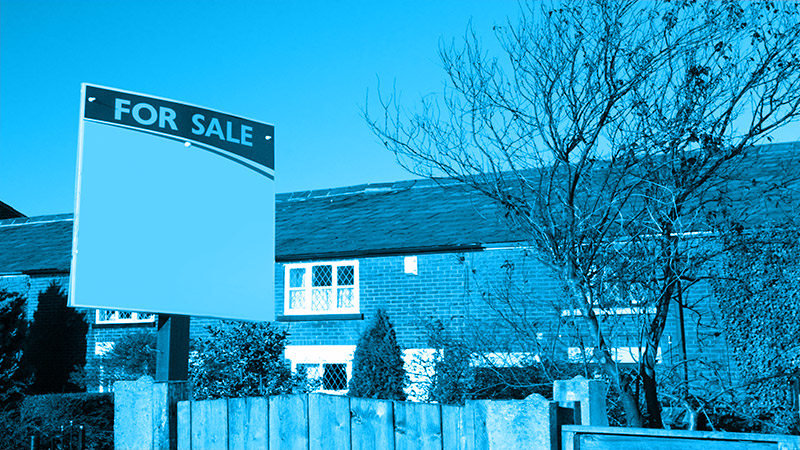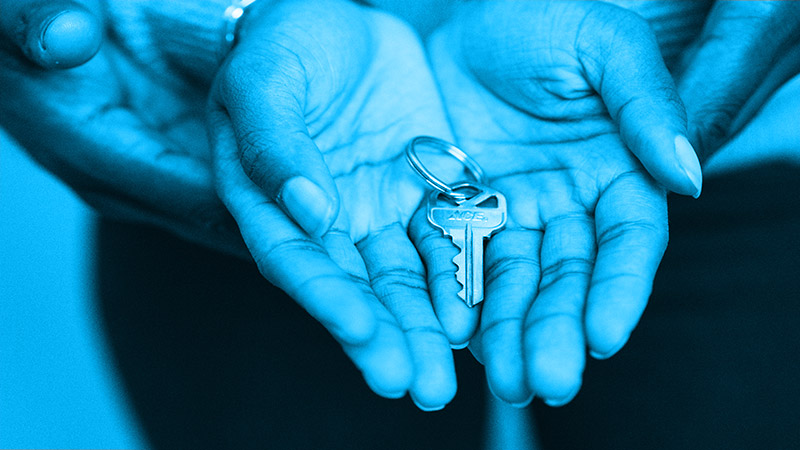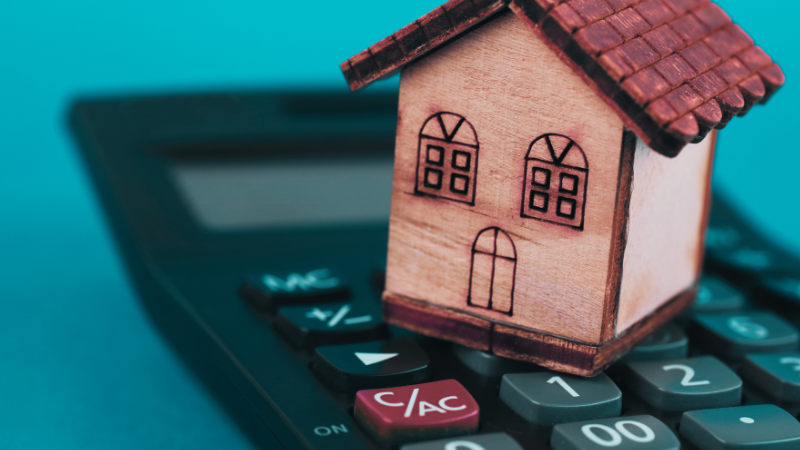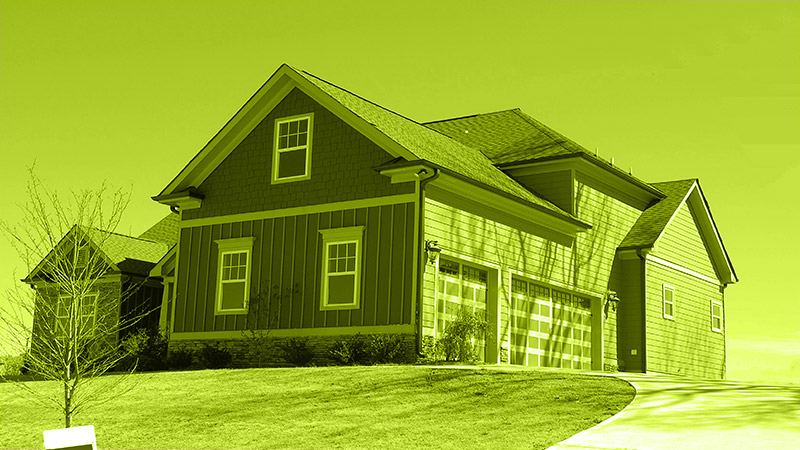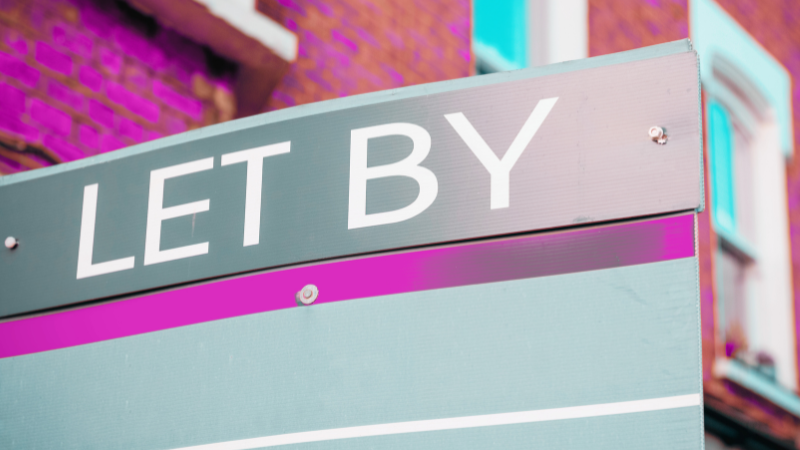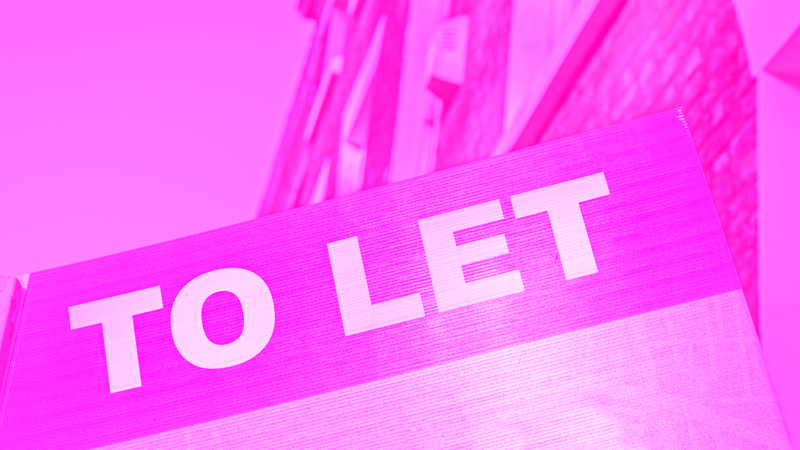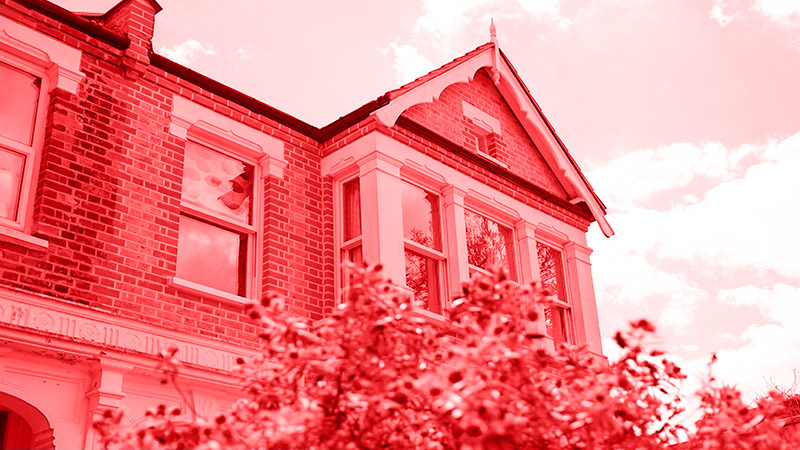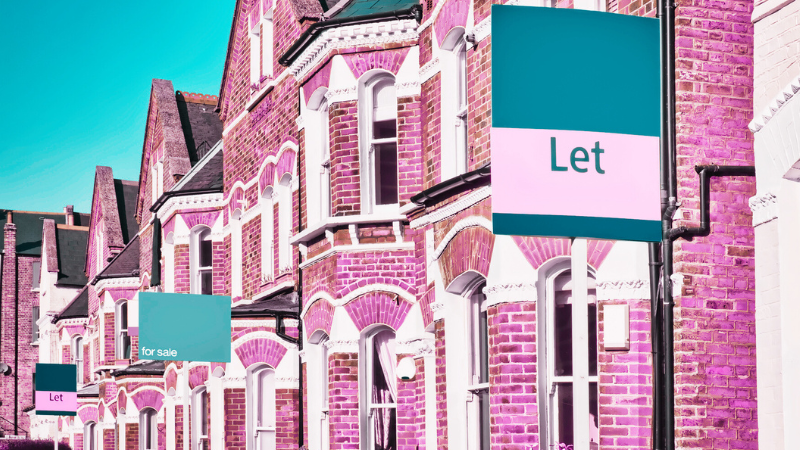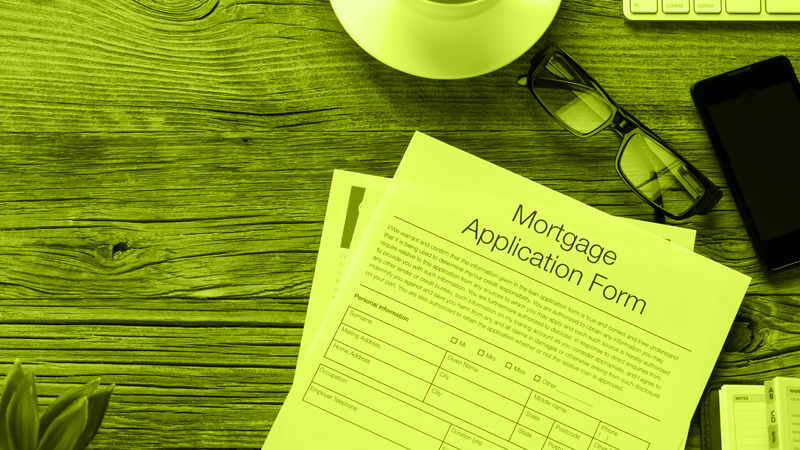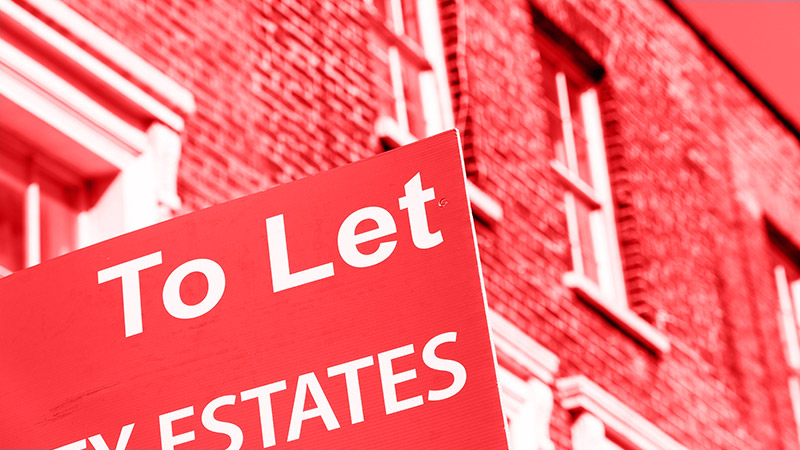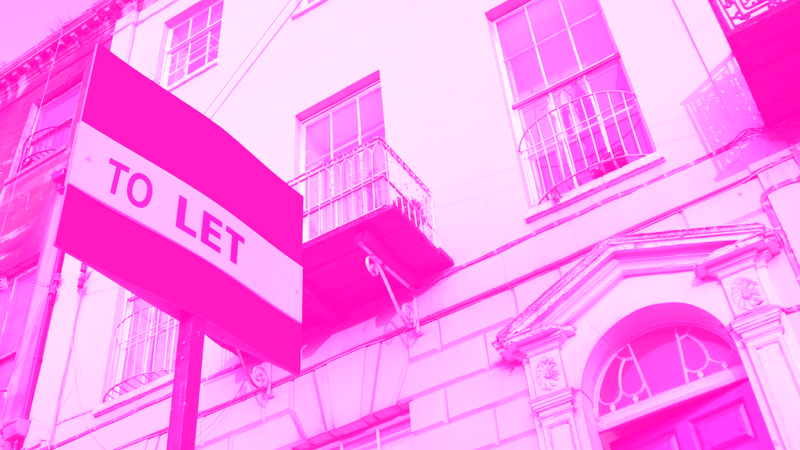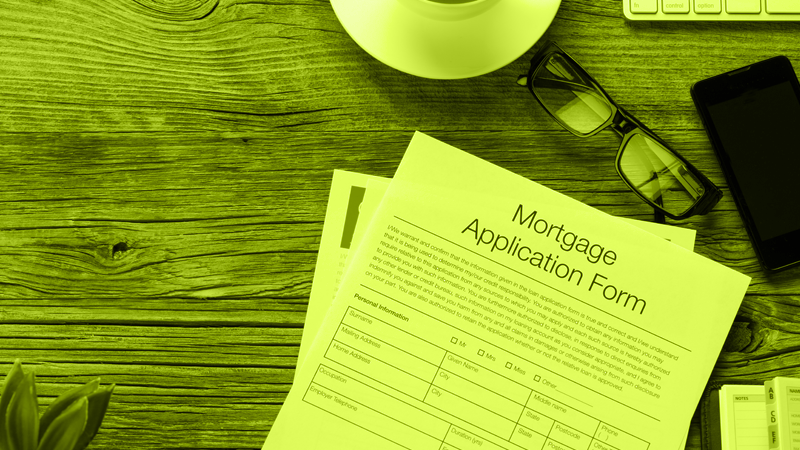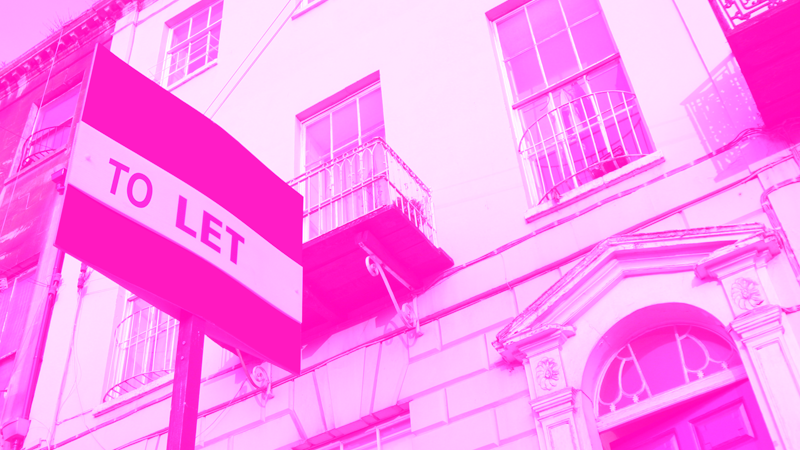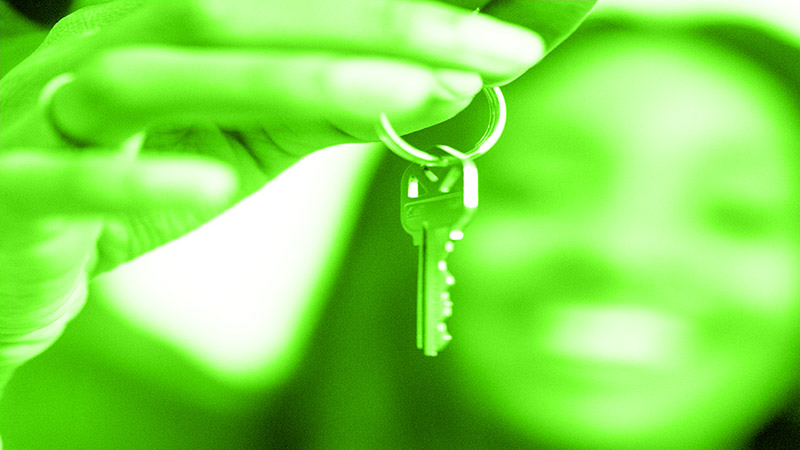Embarking on the purchase of a second home is an exciting step, but it comes with its own set of financial considerations, primarily the required deposit.
When you’re ready to expand your property portfolio, understanding the deposit dynamics for a second property mortgage is crucial.
Lenders often view those who already own property favourably, considering them less risky and more reliable borrowers.
However, the stakes are higher with a second home, leading to generally larger deposit requirements compared to a first property mortgage.
This is due to the increased financial risk associated with managing multiple mortgages.
Dive deeper with us for expert insights into securing your second home through a well-planned deposit strategy.
How Much Deposit Do I need for a Second Home Mortgage?
The amount of deposit you’ll need for a second home will vary depending on the lender and your circumstances.
While some will only consider the amount you can put up as a deposit, others will consider the amount of equity you have in your current home or both.
Other factors that can influence the amount of deposit you need to include:
- Your creditworthiness.
- How you’ve handled your existing mortgage.
- The mortgage type.
- Lenders will consider your income and expenditure when calculating affordability.
- The type of property you’re eyeing and whether it’s standard or non-standard.
A 20% deposit is usually the standard for attractive mortgages with attractive rates and terms.
Most lenders will only offer deals with 80% loan to value (LTV) for second mortgages.
You may need a higher deposit depending on the type of property.
You’ll require a higher deposit if the lender considers the property a higher risk. If the property is a higher risk, they may set restrictions to 85%, 80%, 75%, or 70% LTV.
Need more information? Read our related quick help guides:
- Portfolio mortgages.
- Converting residential mortgages to buy to let.
- Buy to let remortgages.
- Buy to let mortgages with bad credit.
- Buy to let guide.
- Can I buy a house and rent it to a family member?
Can I Get a Second Mortgage with a 10% Deposit?
Theoretically, it’s possible to get a second home mortgage with a 90% LTV, requiring a 10% deposit. However, it’s tough.
Your choice of lenders will be limited, since most cap the loan to value they can accept at 80% or 75%.
Some lenders can stretch up to 85% under the right circumstances, while a minority can reach 90% and up.
Having significant equity in your first property and meeting all the lenders’ affordability and eligibility criteria requirements can increase your chances of getting a higher loan to value ratio.
However, higher LTVs for second mortgages will usually attract higher interest rates, translating to a higher repayment.
A higher deposit amount is more suitable, and the deal gets better every time you go higher by 5%, so aim for 15% to 20% deposit milestones or higher.
Using Equity as a Deposit for a Second Home
You can also remortgage your first property t0 get the funds needed for a deposit for your second home.
You can release the equity you hold in your first property and use the funds to finance the deposit necessary for a second home mortgage.
A second charge is another option to consider if you don’t want to remortgage your first home.
It’s usually a better solution if you’re looking to release the highest amount of equity possible.
You must meet the requirements and eligibility criteria of the lender and ensure you have enough equity in your home whether you choose to remortgage or take out a second charge.
It’s wise to consult a qualified advisor in any of these cases because it involves having more than one mortgage at the same time.
How Affordability Influences Deposit
Affordability is vital when you apply for a second mortgage, and it’s usually calculated by considering your monthly income and expenditure.
Lenders are generally willing to advance you up to four or five times your income.
The maximum amount a lender can offer can also be based on assessing your outgoings, including how much you’re paying on your current mortgage and other obligations like credit card debt and loan payments.
Such assessments provide a clear picture of how much disposable income you have.
For example, if you can get a £150,000 mortgage but the property you’re eyeing is going for £200,000, then you’ll need to come up with a £50,000 deposit. It would translate to an 80% LTV mortgage, which requires a 20% deposit.
A different lender may even advance a lower amount depending on the LTV ratio they accept, meaning you’ll need a higher deposit. It’s recommended that you shop around to get the best deal with the highest savings.
Affordability is easier when you’re looking to purchase a buy to let property that can generate rental income.
Your affordability improves with the potential rental income that you can use to repay the second mortgage.
How Will Bad Credit Affect Deposit?
Your credit score impacts your eligibility when applying for any type of credit.
Although it’s not a deal-breaker, a bad credit score will affect how much interest rate is available for you and the amount of deposit you’ll need for a second mortgage.
Some lenders may decline you if you have severe credit issues like bankruptcy or a CCJ, while others may be more welcoming.
It’s worth consulting mortgage advisors and brokers who have access to the whole market and can connect you with mortgage lenders who specialise in helping bad credit borrowers.
You’ll likely need to come up with a higher deposit than usual if you have a bad credit score.
You can still get a good deal depending on when the credit issue occurred, your current financial situation and the LTV on your current property.
To ensure you get the best possible deal and don’t get too many rejections, ensure you get professional advice before making your application.
How the Property Type Affects Deposit
You’ll fund different policies among lenders depending on the property type. Specific residential categories usually present more challenges than others when buying a second home.
Lenders may need you to provide a higher deposit based on the property you’re buying. The higher the risk the lender considers the property to be, the higher the deposit needed.
For example, you may face certain restrictions if you need a second mortgage for new build homes.
The lender may require a certain deposit amount or have particular builders or construction firms they prefer to work with.
You may also face additional challenges in your second mortgage application if the property involves non-standard construction, like:
- Above commercial properties.
- Ex local authority
- Homes with unusual construction, like concrete pre-fabs or thatched roofs
- Very high-rise flats or studio flats
- Use of hazardous materials like asbestos in construction
It may be hard to access the most affordable second mortgage deals with such properties, translating to a higher deposit or interest rate.
Can I Get a Second Mortgage with Zero Deposit?
Most lenders will be reluctant to provide a zero deposit or 100% LTV mortgage of any kind because of the levels of risk involved. However, it’s not impossible under the right circumstances.
You can get a second mortgage with no deposit by incorporating a guarantor in your application.
The guarantor can be a responsible person in your life, like a friend or family member with a good credit score and stable finances.
When you incorporate a guarantor, they also become responsible for repaying the loan.
They effectively agree to repay when you default or are unable to make repayments, effectively guaranteeing the mortgage and reducing the risk for the lender.
The guarantor may be required to put up their property as security or deposit a lump sum into an account held by the lender. The deposit can only be withdrawn after a certain amount of the mortgage has been paid off.
Deposit Required for a Second Home Final Thoughts
Putting a mortgage deposit can be challenging, especially if you’re already repaying another mortgage.
Therefore, it’s wise to ensure you get the best deal possible that can save you money, and you can do this by consulting with expert mortgage advisors and brokers.
Call us today on 03330 90 60 30 or feel free to contact us. One of our advisors will be happy to talk through all of your options with you.


